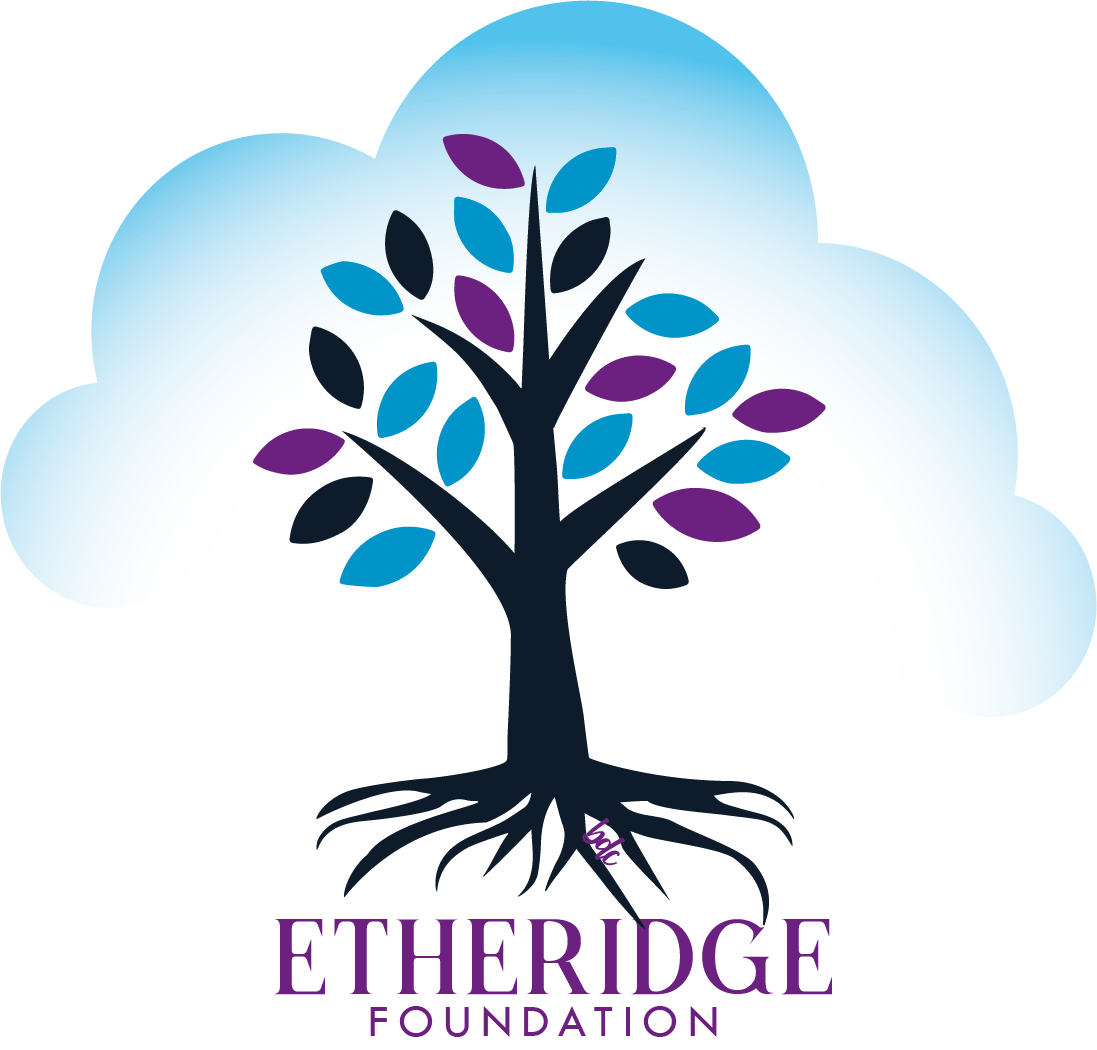What is Right Relationship?
What is “Right Relationship”?
“Right Relationship” is a broad concept that describes an ethical paradigm for how we interact with the many other beings of our world, including other people, plants, animals, cultures, and ecosystems.
In the context of traditional biocultural medicines, Right Relationship is a guiding principle for how medicine practitioners relate with the Indigenous teachers and stewards of these healing plants.
Numerous powerful plant medicines from around the world are known by humans because of the generational collaboration between plants and Indigenous peoples, who carefully collected knowledge about these plants and developed traditional practices for how to properly use them.
Right Relationship encompasses elements of reciprocity, solidarity, and benefit-sharing – but is more than the sum of these parts.
Relationships Out of Balance
While the US and other industrialized nations are currently in the midst of a “modern psychedelic renaissance” focused on research and development of therapies from traditional botanical psychedelics, this knowledge didn’t come from a vacuum.
Traditional Indigenous knowledge and protocols are the foundation of Western plant medicine and psychedelic therapy practices – most of which are being commercialized and even patented. The emerging psychedelics industry is attracting a great deal of attention and money.
Yet, many Indigenous Peoples across the globe – including the keepers of numerous traditional plant medicines – are fighting for their physical and cultural survival, including resisting land theft, environmental degradation, and the widespread extraction of natural elements like oil, minerals, rubber, and wood. These global forces have created widespread poverty in their wake.
This raises an obvious question: do medicine practitioners worldwide – and even more, the companies looking to profit from psychedelic therapies – have a responsibility in relation to the medicines themselves and to the First Peoples who developed the practices from which they now benefit?
“Currently the relationship is out of balance with Indigenous stewards of these medicines, through colonization and the extraction of medicines and knowledge,” explains Andrea Langlois, Director of Engagement for The International Center for Ethnobotanical Education, Research, and Service (ICEERS).
“Benefit sharing and solidarity are ways to come back into right relationship.”
What is Solidarity?
Actions of solidarity may include individual donations of monetary or resource support.
But it is important to recognize that solidarity is not charity – it is an act that acknowledges interconnectedness with and care for the people, plants, and ecosystems who are teachers and stewards of medicines.
The Grow Medicine platform provides an easy tool to act in solidarity with a network of Indigenous groups associated with various medicines.
A project by the nonprofit Indigenous Medicine Conservation Fund (IMC Fund), Grow Medicine is a crowdfunding and educational resource that provides the community with a way to learn about the pressures these biocultures face and to make donations to support conservation initiatives. It connects people to Indigenous-led organizations that have been through the IMC Fund’s due diligence process.
As Grow Medicine explains, “Solidarity-based support means unequivocally supporting Indigenous people on their terms. It requires first and foremost listening and then providing support in a way that is being requested and asked for.”
The Grow Medicine initiative represents a new paradigm in working towards a future where these medicines and their biocultures thrive.
What is Benefit Sharing?
An example of benefit sharing is for companies that work with biocultural medicines (or similar substances) to structurally share their revenues and resources with the people and places that originated the relevant beneficial plants and practices.
This principle has a legal precedent – Langlois points out that local communities must be included in benefits from their knowledge according to the Nagoya Protocol, an international agreement on the utilization of genetic resources.
As a current example “this has fully been implemented in South Africa with Rooibos,” says Langlois. “When you buy rooibos tea, the San People get money.”
She continues, “The organization Blessings Of The Forest is working in Gabon to implement this for Iboga… and they are getting close!”
Right Relationship and “Reciprocity”
So, solidarity and benefit sharing are two kinds of actions that can be used to support right relationship – a balanced, mutually enriching state of ongoing interrelation.
But how does this relate to the term “reciprocity” that is often used in relation to plant medicines?
This concept may be referred to as “sacred reciprocity”, “psychedelic reciprocity”, or “Indigenous reciprocity”, but the core idea is the same.
Reciprocity is the basic principle of mutuality – the function of a relationship with balance of give and take.
Rooted in concepts of fairness, cooperation, and respect, the idea of reciprocity signifies an even exchange.
However, some feel that the way the term “reciprocity” has been used has moved it away from ideas of equity and towards a more transactional meaning.
As Langlois points out, “People often relate reciprocity to ‘giving back’ – but what about ‘giving first’? Or asking before taking?”
She continues, “Nagoya also stipulates there must be consent and access. With regards to psychedelics, did we ‘ask’ to take the knowledge and plant/fungi materials? If not, what reparations are needed?”
Anthropologist Jeremy Narby, who spent several years living with tribes in the Amazon, has observed that, “Despite their best intentions… Westerners stand to extract much more value from the encounter than the Amazonian people do. This is due to the power imbalance between the two sides.” Narby declares that true reciprocity is “an antidote” and concludes, “Undoing this imbalance, and making our relationship with Amazonian people more reciprocal, is the work of a lifetime.”
Langlois has also increasingly encountered instances of people using the rhetoric of “reciprocity” to bypass the full-circle considerations needed for ethical interactions.
For example people may donate funds or engage in an action in solidarity (for example joining a campaign to protect the Amazon) and call it “reciprocity” – but those actions simply enact solidarity, which is only one part of interrelation.
Even further, companies may engage in “reciprocity” that consists of making a payment with the mindset that they have then checked off their ethical responsibilities or “bought the rights”. But again, benefit-sharing is only a part of the much larger picture of right relationship.
(When companies are more focused on the optics of looking “ethical” than making genuine efforts to cultivate ongoing right relationship it is sometimes called “tie-dying” – akin to the “greenwashing” of environmental sustainability.)
“But reciprocity is not transactional like, 'You give me this, I give you that',” Langlois explains.
“Ultimately reciprocity is about all the gives and takes in our lives… I love the word, and concept and deep teaching, which is why I’ve become outspoken about not using it to describe benefit sharing.
I believe we can move beyond bartering and towards sincere relationality.”
Moving Forward Together
In undertaking our work, the Etheridge Foundation is proud to partner with organizations like ICEERS who prioritize right relationship and ethical care for cultures and ecosystems.
We recognize the interconnectedness of life and the spiritual dimensions to medicines. Just as we believe in integrative approaches to treatment and healing, we have an ethical obligation to ensure that in our search for new therapies, we are not doing harm to traditional cultures and their ecosystems.
As Grow Medicine says:
“We live in relationship with all the elements, the land, air and water, plants and animals, our ancestors and fellow human beings.
Being in right relationship is a way of talking about living in a sustainable, balanced, harmonious, and loving way with all living beings and with all of nature.”
We appreciate the opportunity to continue to learn, grow, and heal, in right relationship.
Thank you to Andrea Langlois for the knowledge sharing and collaboration in writing and editing this piece.
Learn More:
Article “A Deeper Understanding of Sacred Reciprocity”
Video discussion of “Ethics, Responsibility and Reciprocity” with Andrea Langlois and Hattie Wells
Returning the Gift by Robin Wall Kimmerer
Resources for Acting in Solidarity:
Chacruna Institute - Indigenous Reciprocity Initiative of the Americas


